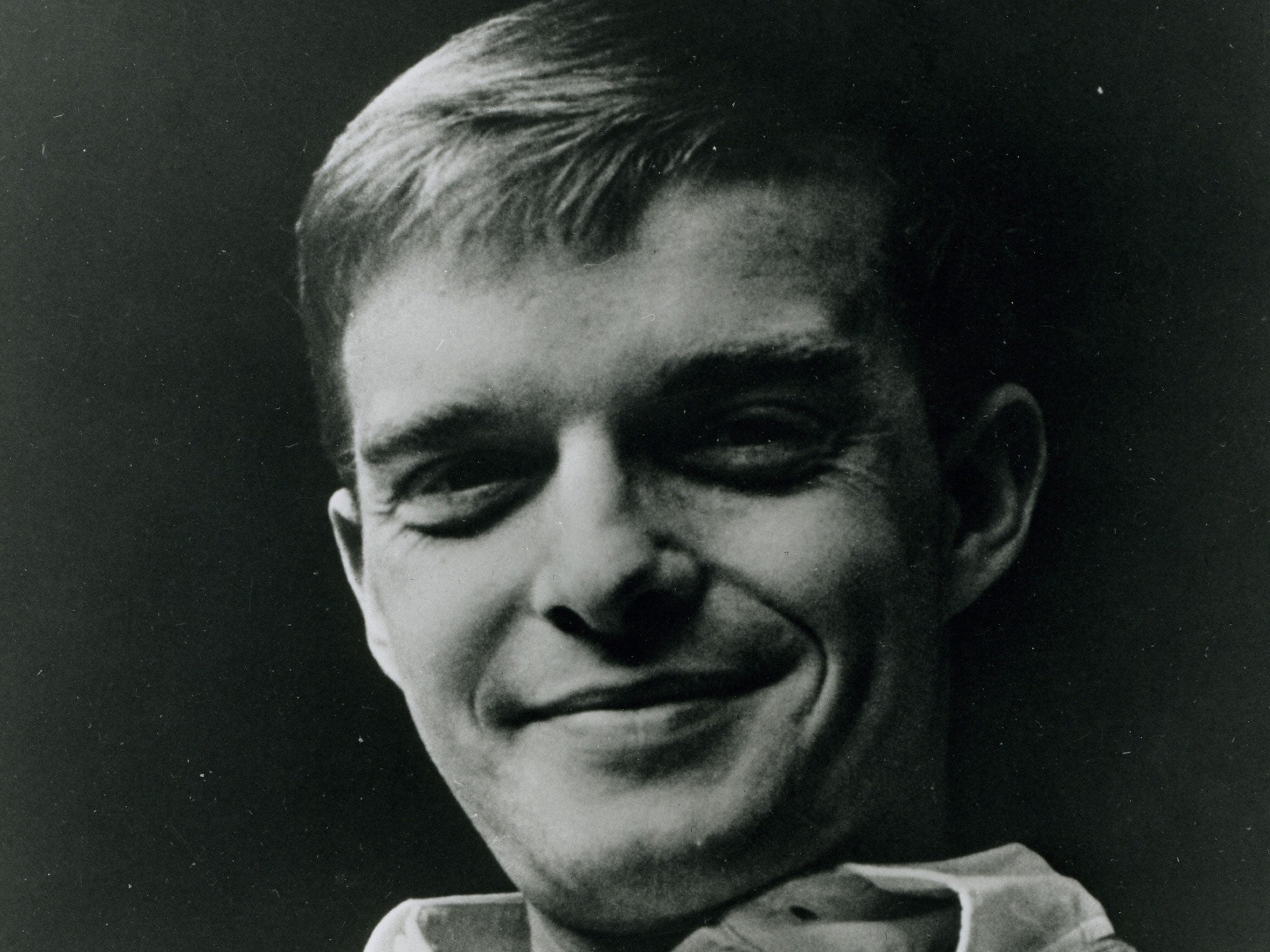Early Stories of Truman Capote by Truman Capote, book review
These 14 stories aren't the greatest works of literature you will ever read - but they're certainly not the worst

Your support helps us to tell the story
From reproductive rights to climate change to Big Tech, The Independent is on the ground when the story is developing. Whether it's investigating the financials of Elon Musk's pro-Trump PAC or producing our latest documentary, 'The A Word', which shines a light on the American women fighting for reproductive rights, we know how important it is to parse out the facts from the messaging.
At such a critical moment in US history, we need reporters on the ground. Your donation allows us to keep sending journalists to speak to both sides of the story.
The Independent is trusted by Americans across the entire political spectrum. And unlike many other quality news outlets, we choose not to lock Americans out of our reporting and analysis with paywalls. We believe quality journalism should be available to everyone, paid for by those who can afford it.
Your support makes all the difference.I'm always a bit wary of what used to be quaintly termed juvenilia – the early, unpublished, unshaped work of writers who went on to achieve great renown.
There's something slightly ignoble about digging out obscure jottings of authors and playwrights (the same goes for musicians and artists) and exposing their immaturity to the world. Beyond academic interest and the need of the uber-fan for completion there seems little to be gained, apart from a bumper payday for the publisher (Go Set a Watchman, the early draft of Harper Lee's To Kill a Mockingbird, springs to mind). There's good reason why such works were never published in the first place – they're no good.
These 14 stories by Truman Capote aren't the greatest works of literature you will ever read. But they're certainly not the worst. If you consider they were written when he was a child – aged between 11 and 19 – then they become breathtaking in their precocity, craftsmanship, simplicity and the tenderness he became renowned for.
The stories were discovered by the publisher Peter Haag as he delved through the Capote archive in the New York Public Library last year, while searching for missing chapters from the author's unfinished novel, Answered Prayers. Several had been published in Capote's high school newspaper, The Green Witch, and four were published last year in the German weekly Die Zeit. Apart from that they have never before appeared in print, and certainly not together. Irritatingly, the stories are not dated, so it's impossible to tell which were written during his early or late teens. Some are without doubt naive and derivative. "Swamp Terror", for example, seems a bit Tom Sawyer; and there are three stories in which the principal character suddenly realises they are not alone in their dark room.
The depiction of black characters is troublesome to a modern reader; arguably the Tom and Jerry stereotypes – never malicious – are forgivable in a boy who grew up in the South (Monroe, Alabama, next door almost to Harper Lee) in the first half of the 20th century.
Nevertheless the stories are special. Not just because they give a glimpse of an author finding his voice; or for the traces of his masterpieces. But also because they stand in their own right as lovely vignettes of the lives of the lonely, broken and troubled. Capote, who died in 1984 aged 59, knew about being marginalised. He grew up a lonely child and, like that other great Southern chronicler, Tennessee Williams, grew up gay in a macho world.
Several of the stories are told from the viewpoint of children; they are equally from the viewpoint of women as well as men. They contemplate death, love and dreams of a bigger life. "Swamp Terror" may be a bit Tom Sawyer, but the ending is unflinchingly grim.
In "Kindred Spirits" Capote masterfully conjures a subtle sexual frisson between two middle-aged women plotting to kill one of their husbands. The best is perhaps "Miss Belle Rankin". It's a worn theme, the discovery that a miserable old woman had a past, but consider this opening – you can almost hear the southern drawl: "I was eight the first time I saw Miss Belle Rankin. It was a hot August day. The sun was waning in the scarlet streaked sky, and the heat was rising dry and vibrant from the earth…"
Penguin Classics, £12.99. Order at the discounted price of £10.99 inc. p&p from the Independent Bookshop
Join our commenting forum
Join thought-provoking conversations, follow other Independent readers and see their replies
Comments